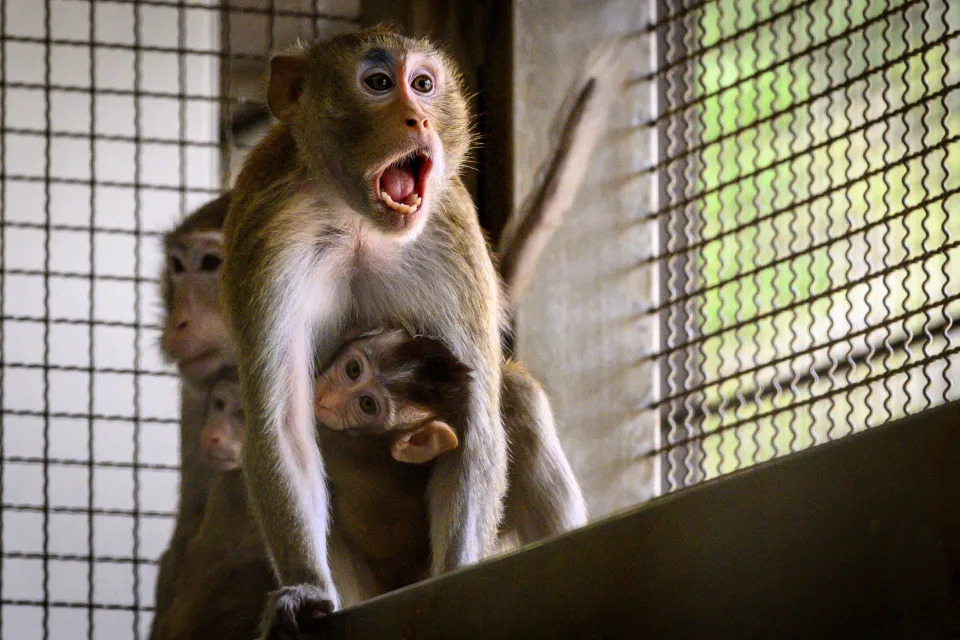Chinese researchers have successfully cloned the first rhesus monkey for medical research.
The research, detailed in the journal Nature Communications, reveals that the cloned rhesus monkey, named “ReTro” after the scientific method employed, has remained healthy for over two years, indicating the success of the cloning process.
Previous attempts to clone rhesus monkeys faced challenges, with either unsuccessful births or offspring succumbing shortly after.
However, the Chinese research team addressed these issues by implementing a technique known as “trophoblast replacement,” where they avoided using the part of the cloned embryo responsible for developing the placenta.
This innovative approach resulted in successful pregnancies and a live birth from 11 implanted embryos out of a total of 113.
Concerns have rightfully been raised by animal welfare groups, including the UK’s Royal Society for the Prevention of Cruelty to Animals (RSPCA).
The RSPCA expressed deep concern over the potential suffering caused to the cloned animals, emphasizing that the benefits to human patients must outweigh the animal suffering. Of course, that doesn’t even take into account the basic right to bodily autonomy that should be afforded to all sentient beings.
Source: BBC News/YouTube
Professor Robin Lovell-Badge, from the Francis Crick Institute in London, echoed these concerns, emphasizing the need for a careful evaluation of the ethical implications and the potential impact on the cloned animals. He questioned the high number of attempts required to achieve a single live birth and stressed the importance of considering whether the benefits justify the suffering involved in the experiments.
In response to these concerns, Dr. Falong Lu of the University of Chinese Academy of Sciences stated that all ethical approvals had been obtained for the research. He explained that the team aims to continue their work by obtaining more cloned monkeys while minimizing the number of embryos used in the process.
However, forcing monkeys to spend their lives in labs and be experimented on is not ethical. If we wouldn’t do it to humans, then we can’t justify doing it to nonhumans either.
This article by Trinity Sparke was first published by One Green Planet on 19 January 2024. Image Credit :Don Mammoser/Shutterstock.
What you can do
Help to save wildlife by donating as little as $1 – It only takes a minute.







Leave a Reply